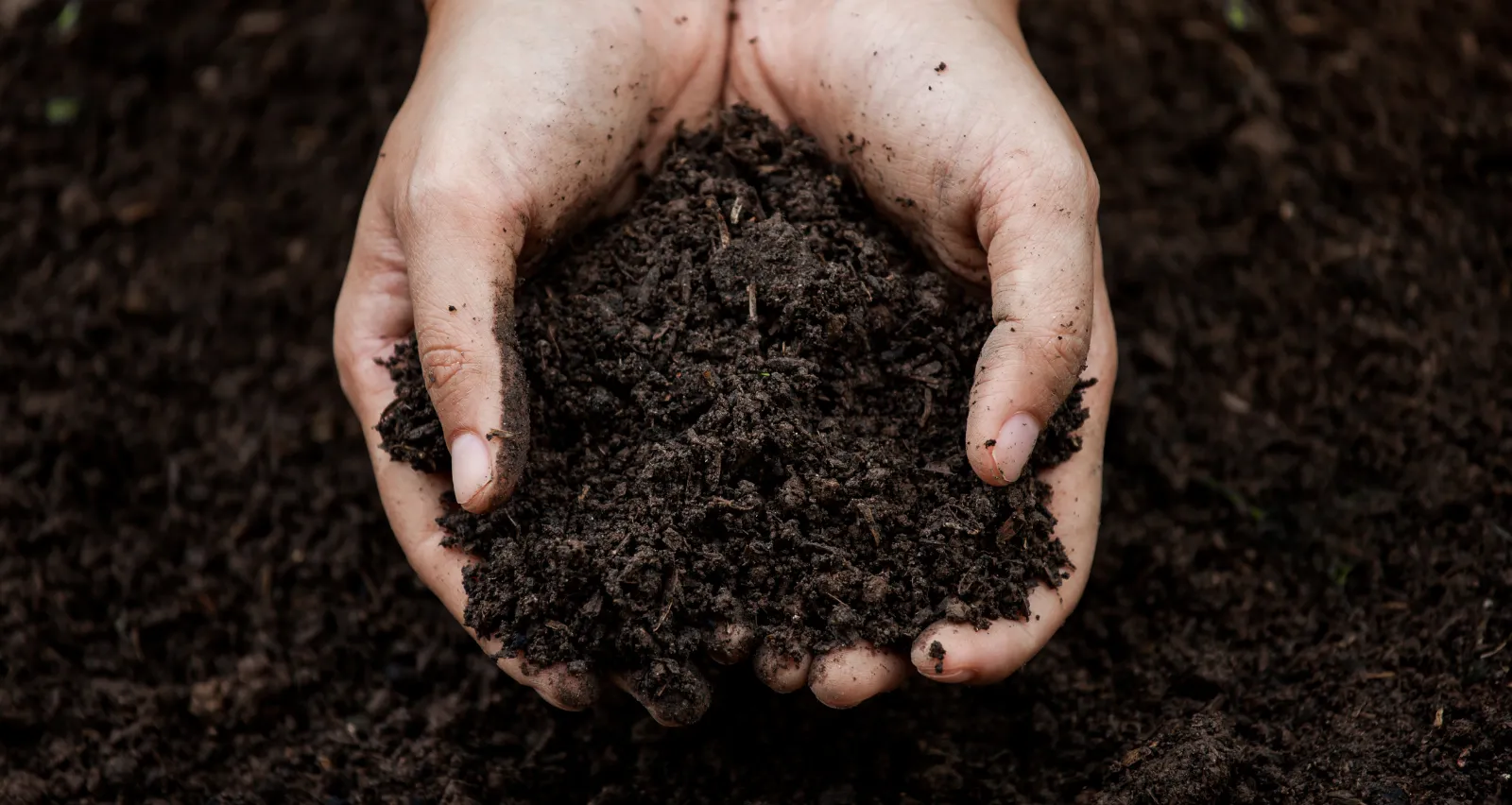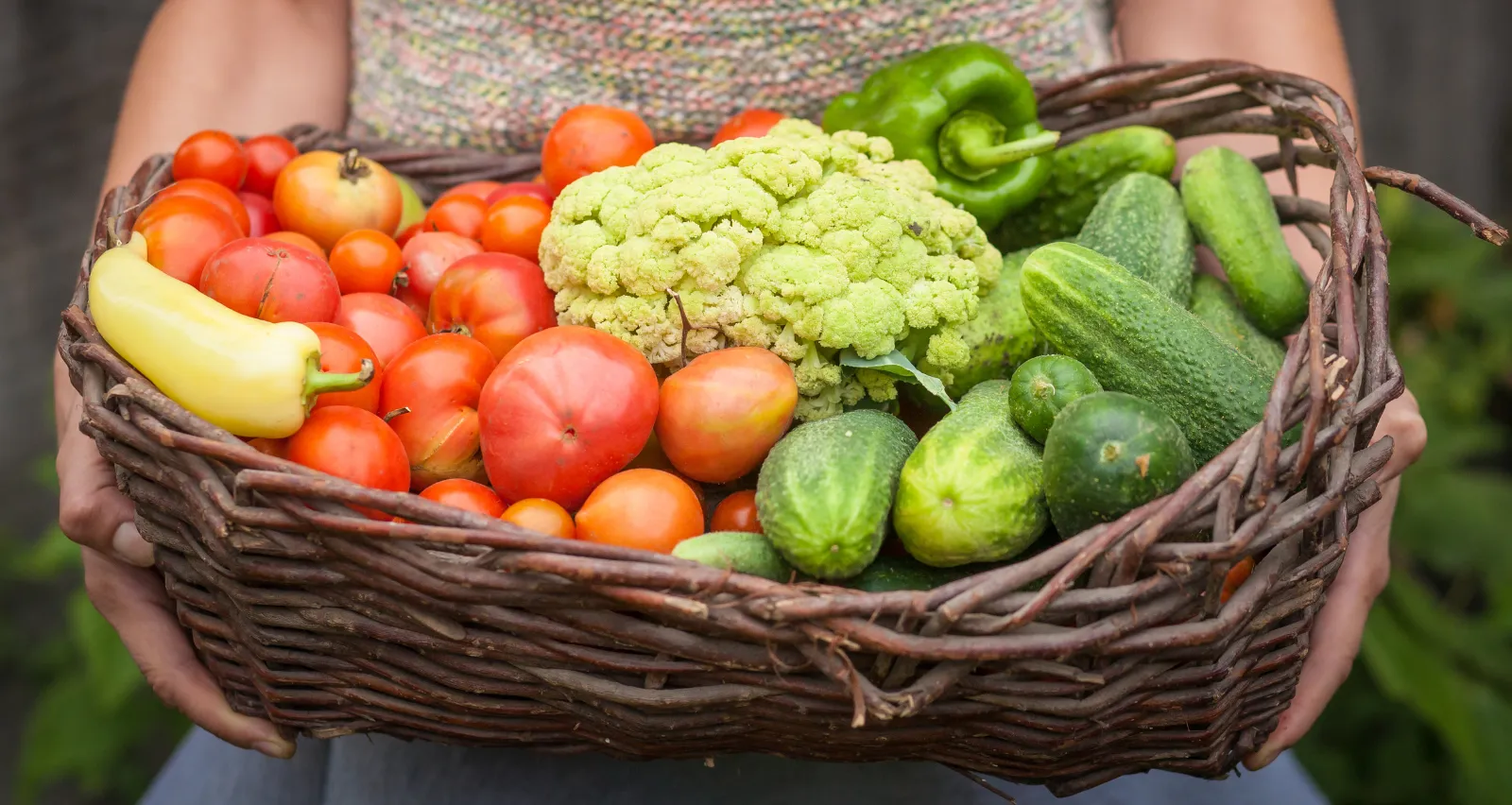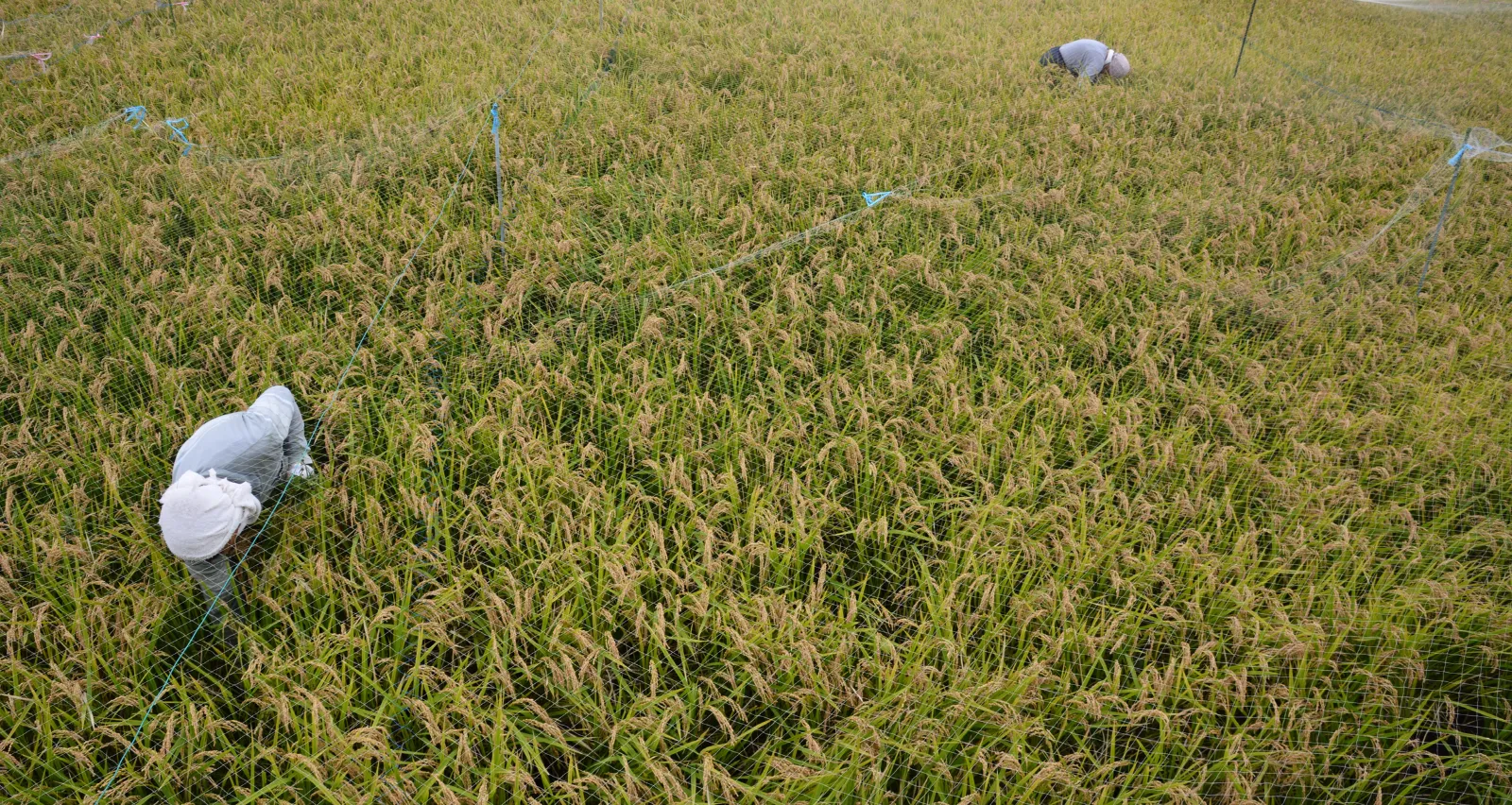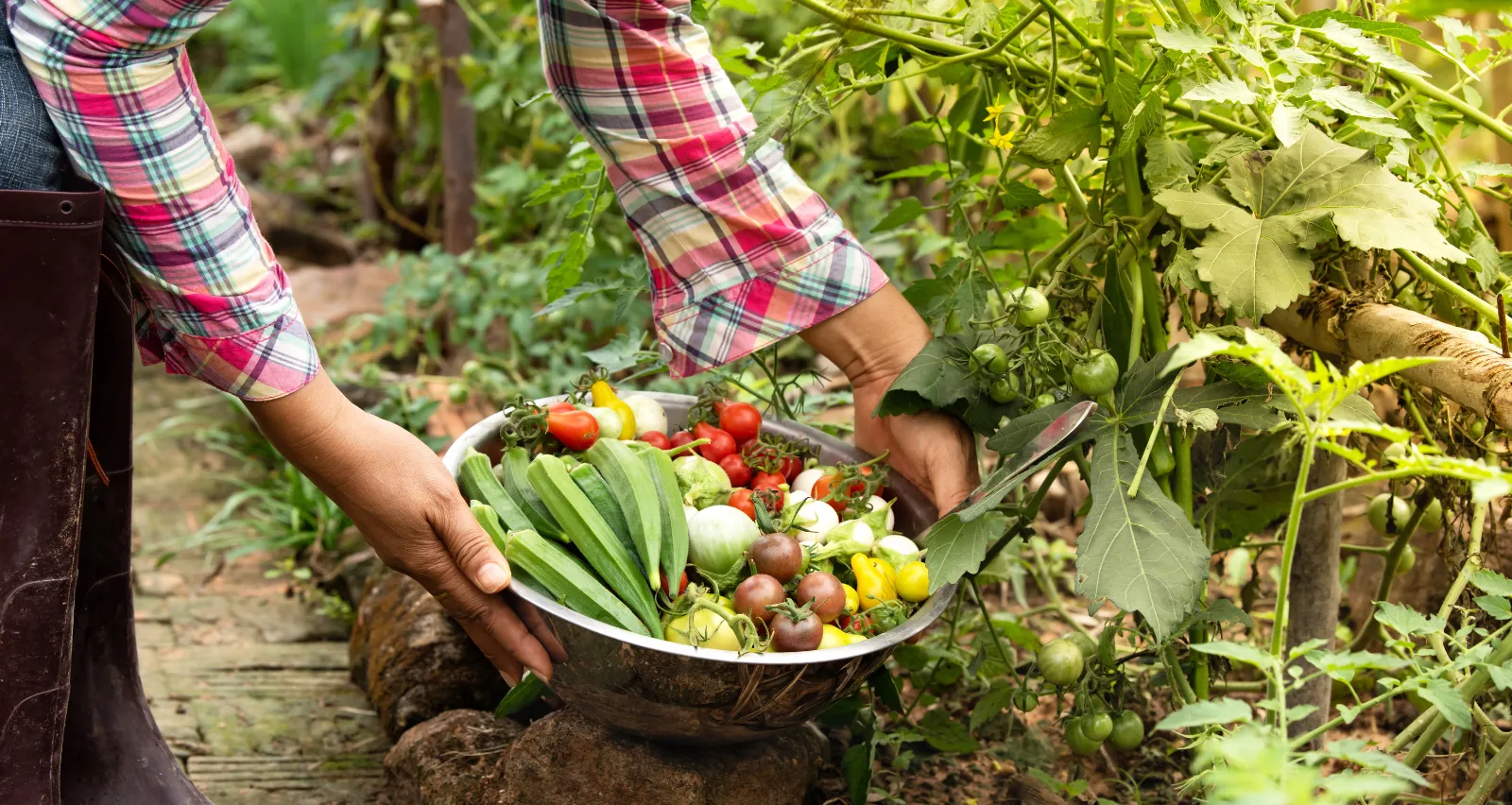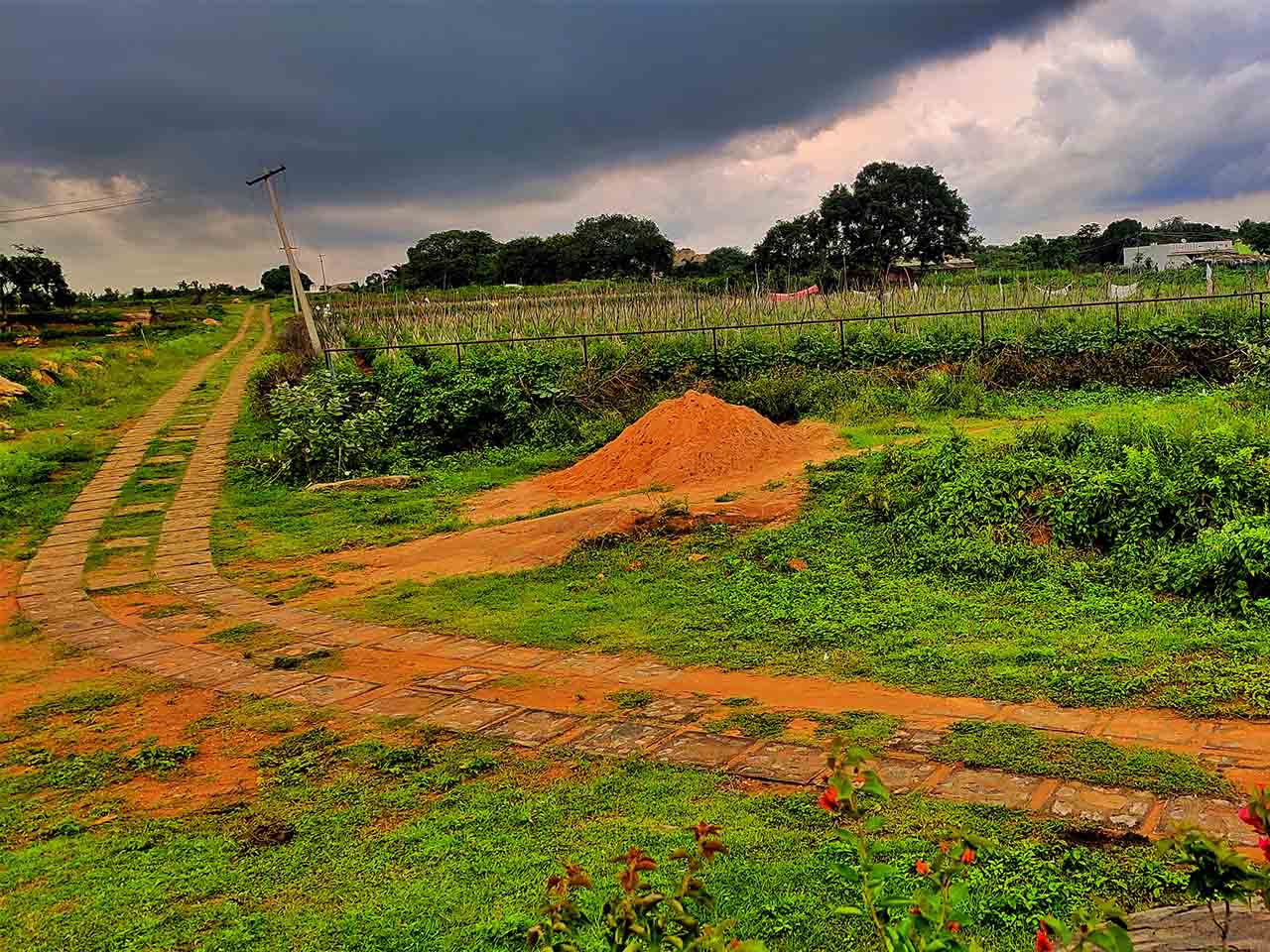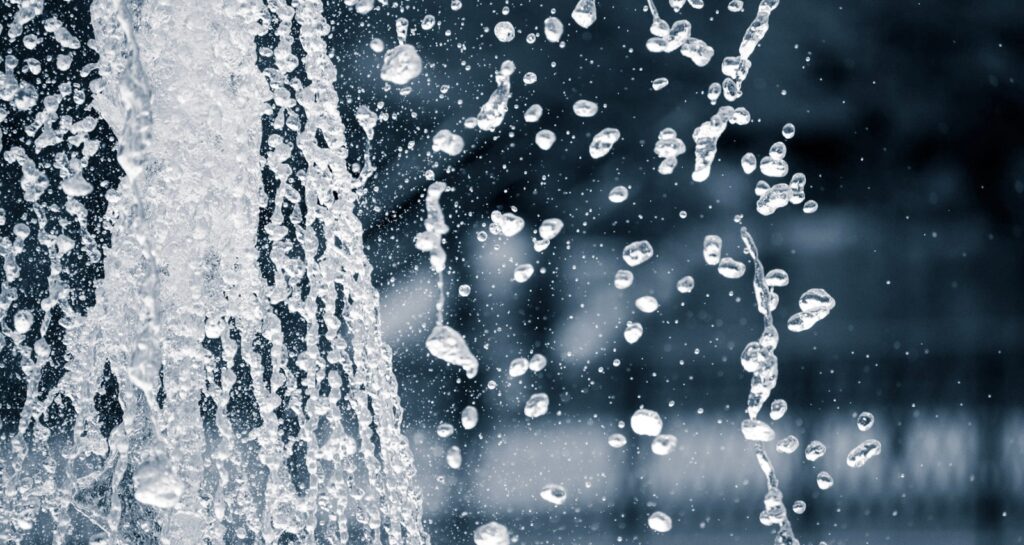
Is Water Scarcity In India Threatening Agricultural Future?
India, a nation deeply rooted in agriculture, faces a formidable challenge – water scarcity. A staggering 85% of India’s water resources are consumed by agriculture, often through flood irrigation methods known for their inefficiency. This, coupled with erratic monsoons and overexploitation of groundwater, paints a grim picture for the future of food security.
The recent UN report on the global water crisis serves as a stark reminder of the urgency for sustainable solutions. It highlights agriculture as a major contributor to global water depletion, urging nations to adopt water-saving practices.
Hope on the Horizon: Sustainable Solutions for Water Conservation
The good news is that there are a multitude of sustainable solutions available for Indian agriculture, particularly within the realm of organic farming. Here, we explore some of the most effective techniques:
- Micro-Irrigation: Techniques like drip irrigation and sprinkler irrigation deliver water directly to the plant root zone, minimizing evaporation and wastage. Compared to traditional flood irrigation, micro-irrigation methods can save up to 70% of water.
- Precision Agriculture: This data-driven approach utilizes sensors and real-time analytics to optimize water application based on specific crop needs and soil moisture levels. Precision agriculture empowers farmers to make informed decisions, leading to significant water savings.
- The Power of Organic Practices: Organic farming goes beyond just avoiding harmful chemicals. Practices like mulching with organic matter, cover cropping, and composting improve soil health. Healthy soil retains moisture more effectively, reducing irrigation requirements.
- Rainwater Harvesting: Capturing and storing rainwater for later use in irrigation is a simple yet impactful technique. Farmers can implement rainwater harvesting systems like rooftop collection or building ponds to supplement their water needs.
- Government Initiatives: Recognizing the gravity of the situation, the Indian government has launched several programs to promote water conservation in agriculture. These include subsidies for micro-irrigation equipment and drip irrigation systems, encouraging farmers to adopt these water-saving technologies.
Conclusion:
Water scarcity is a challenge that demands immediate action. By embracing sustainable solutions like micro-irrigation, precision agriculture, and organic farming practices, Indian agriculture can thrive while conserving this precious resource. We urge readers to learn more about water-saving techniques and explore organic farming options. Let’s work together to ensure a water-secure future for Indian agriculture and a thriving organic farming sector!
Resources to Get Started:
- Ministry of Agriculture & Farmers Welfare, Government of India: https://agriwelfare.gov.in/
- Central Research Institute for Dryland Agriculture (CRIDA): https://www.icar-crida.res.in/
APEDA (Agricultural and Processed Food Products Export Development Authority): https://www.apeda.gov.in/

